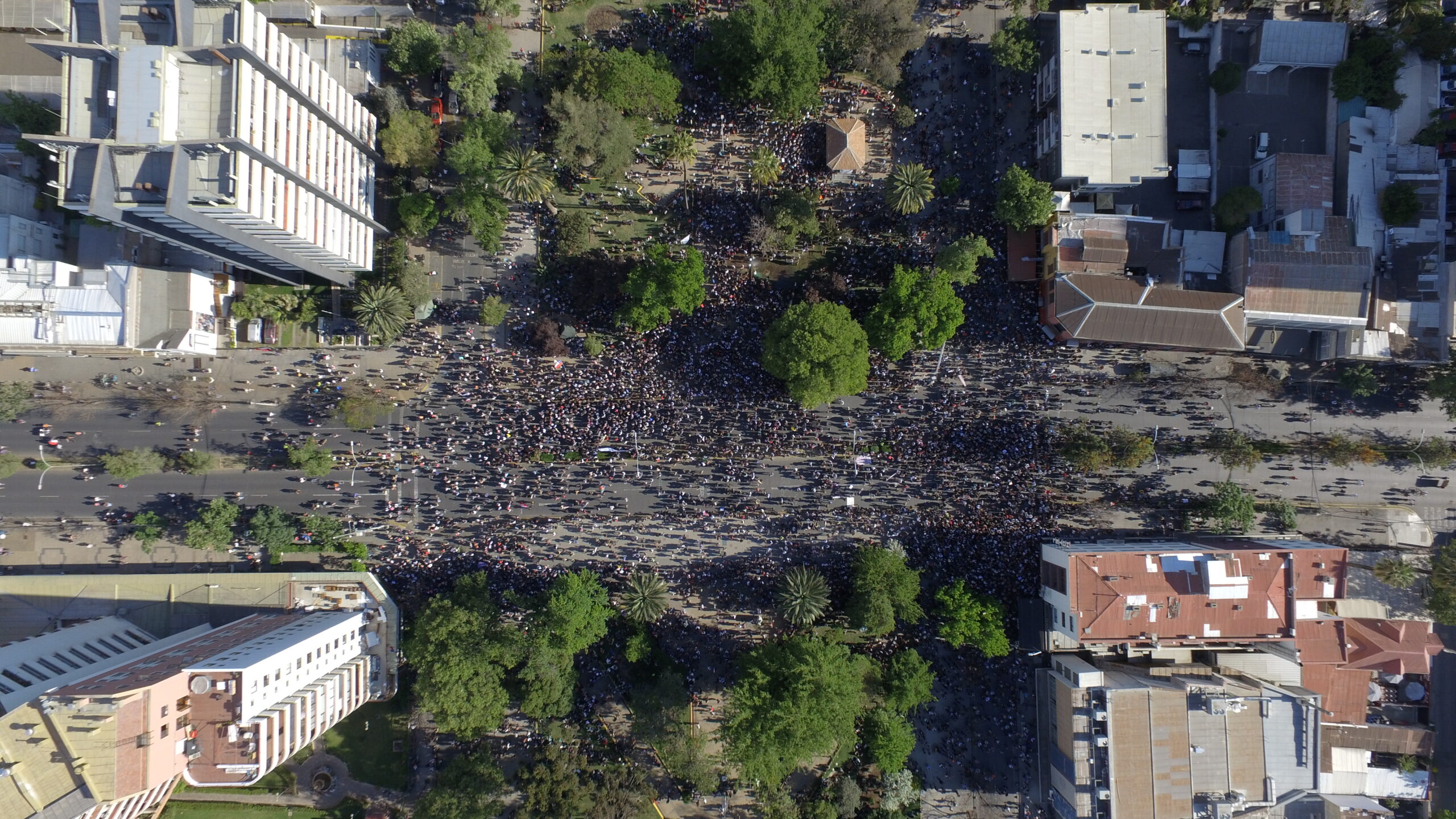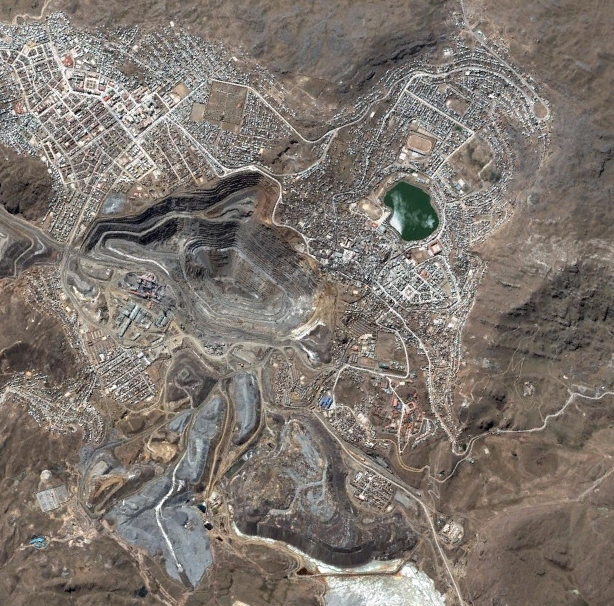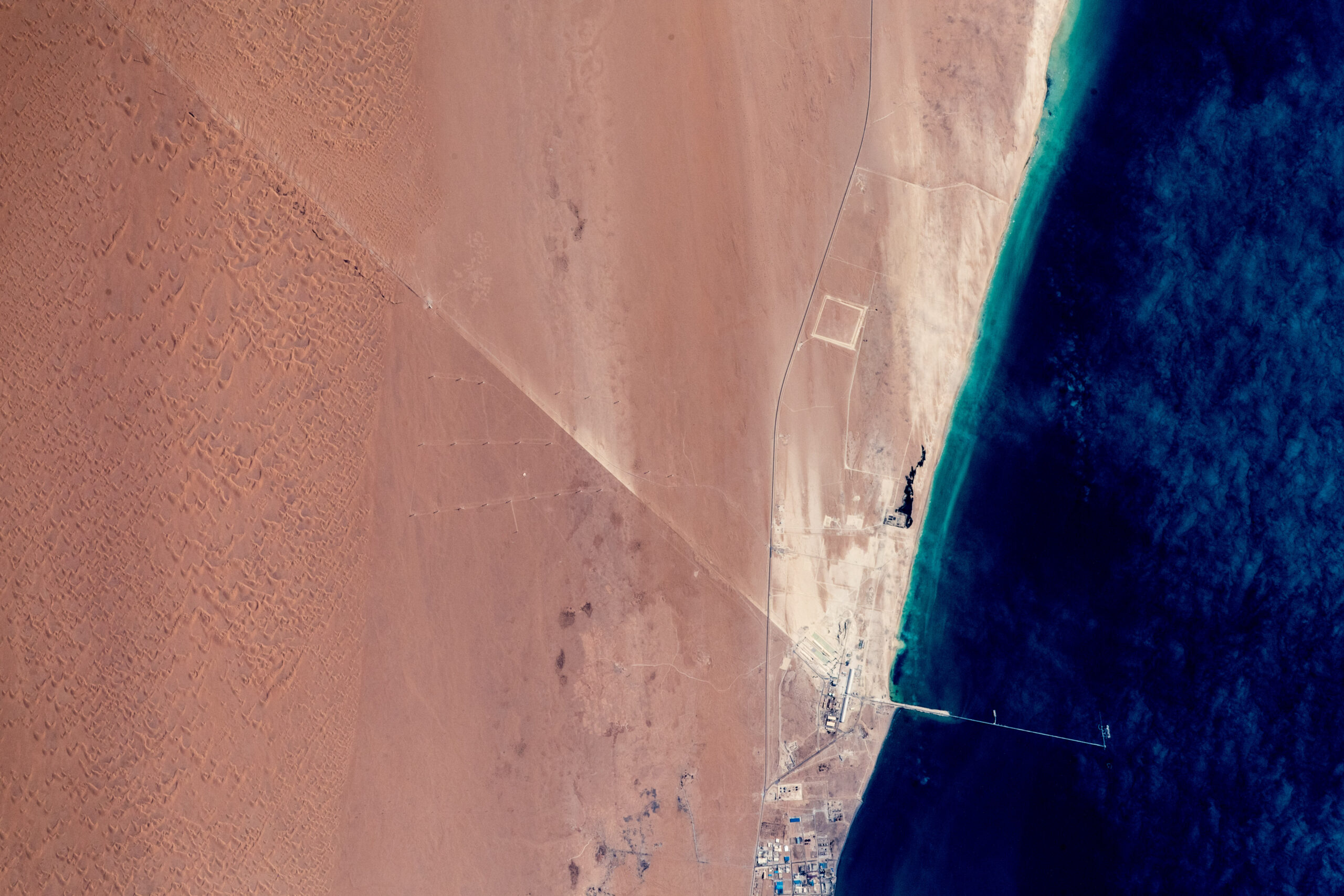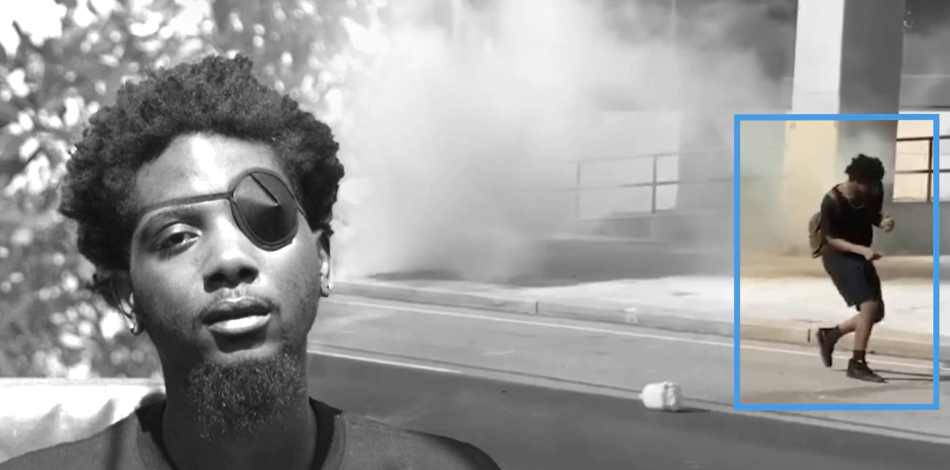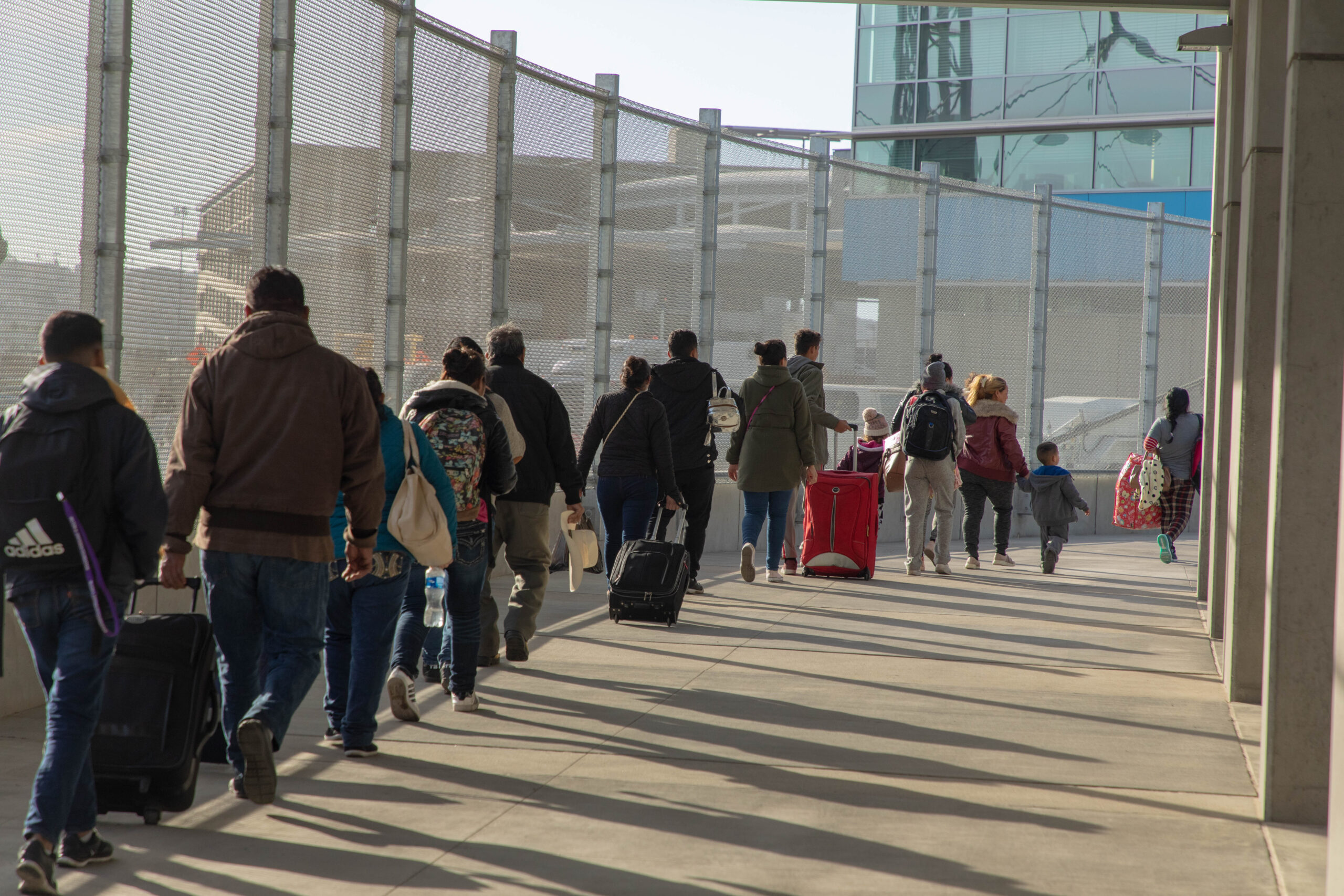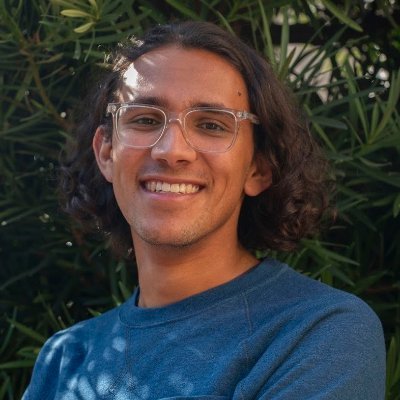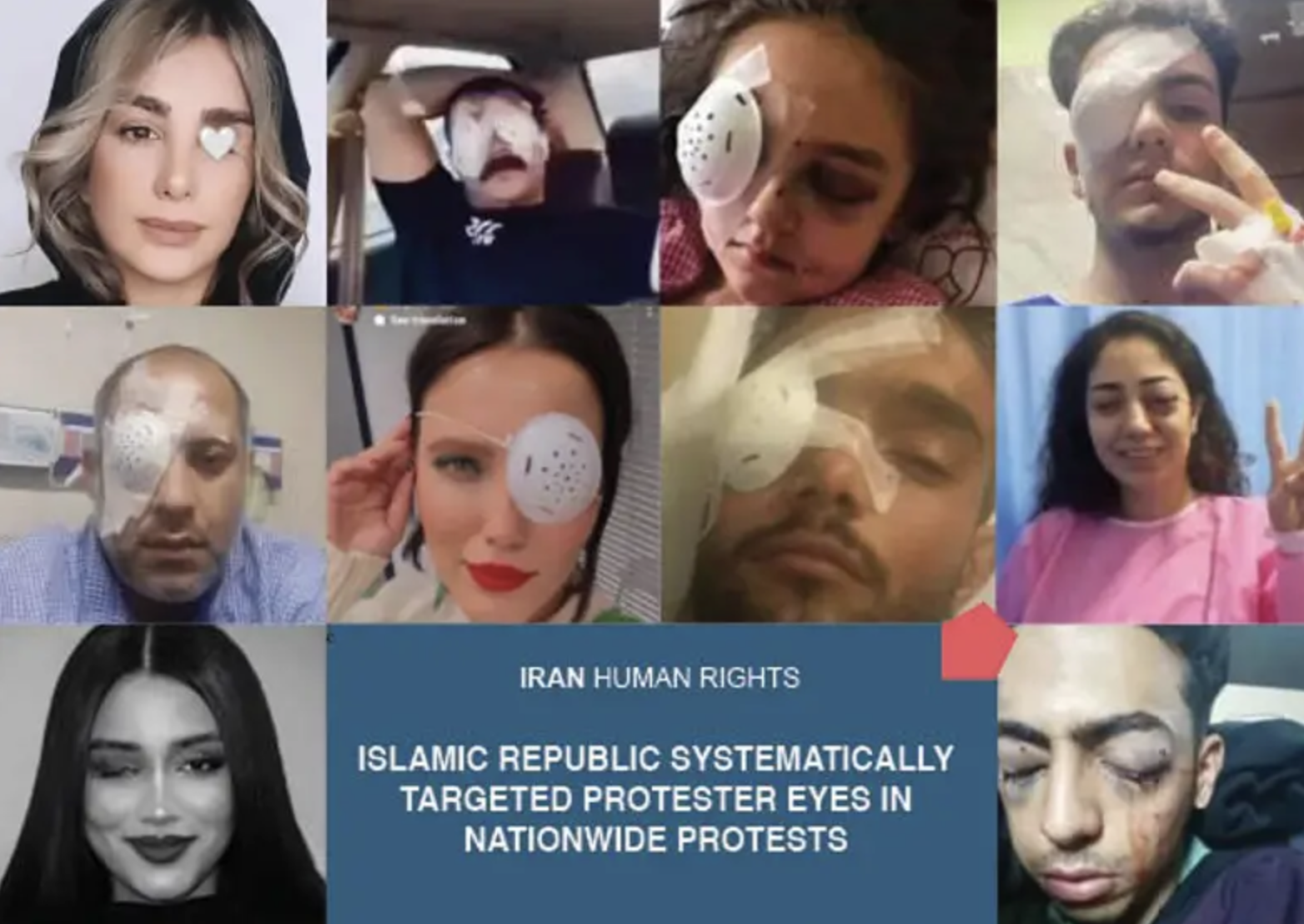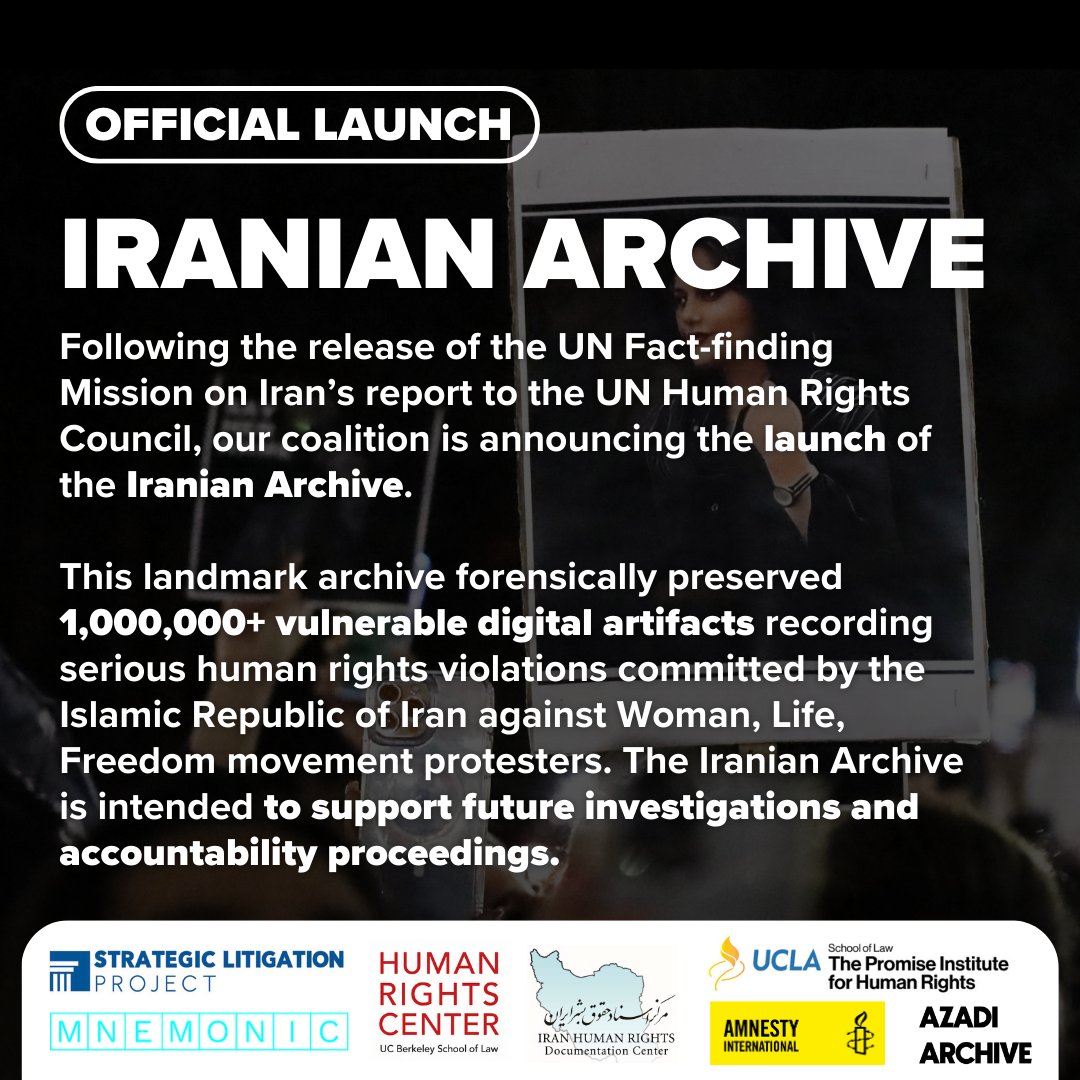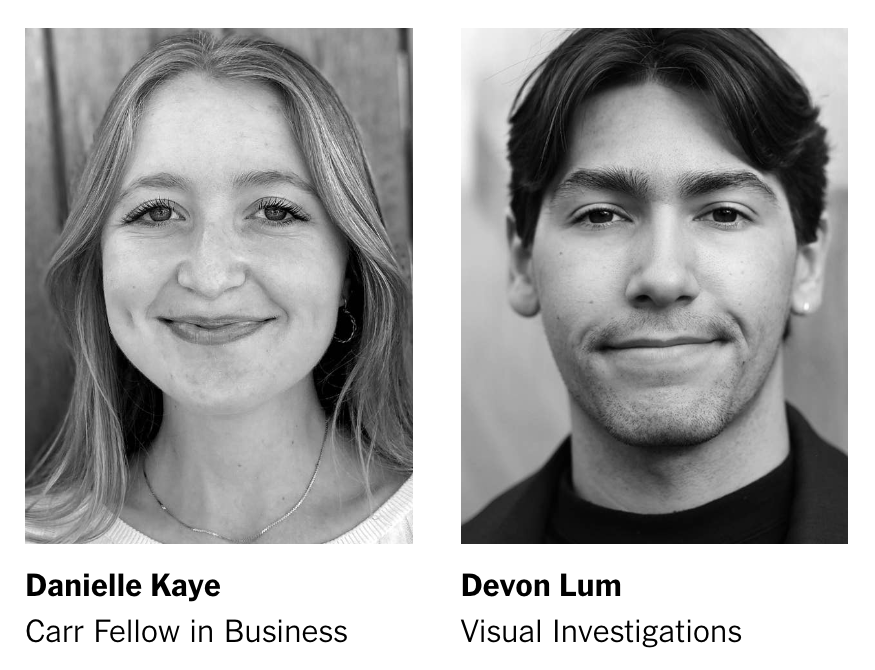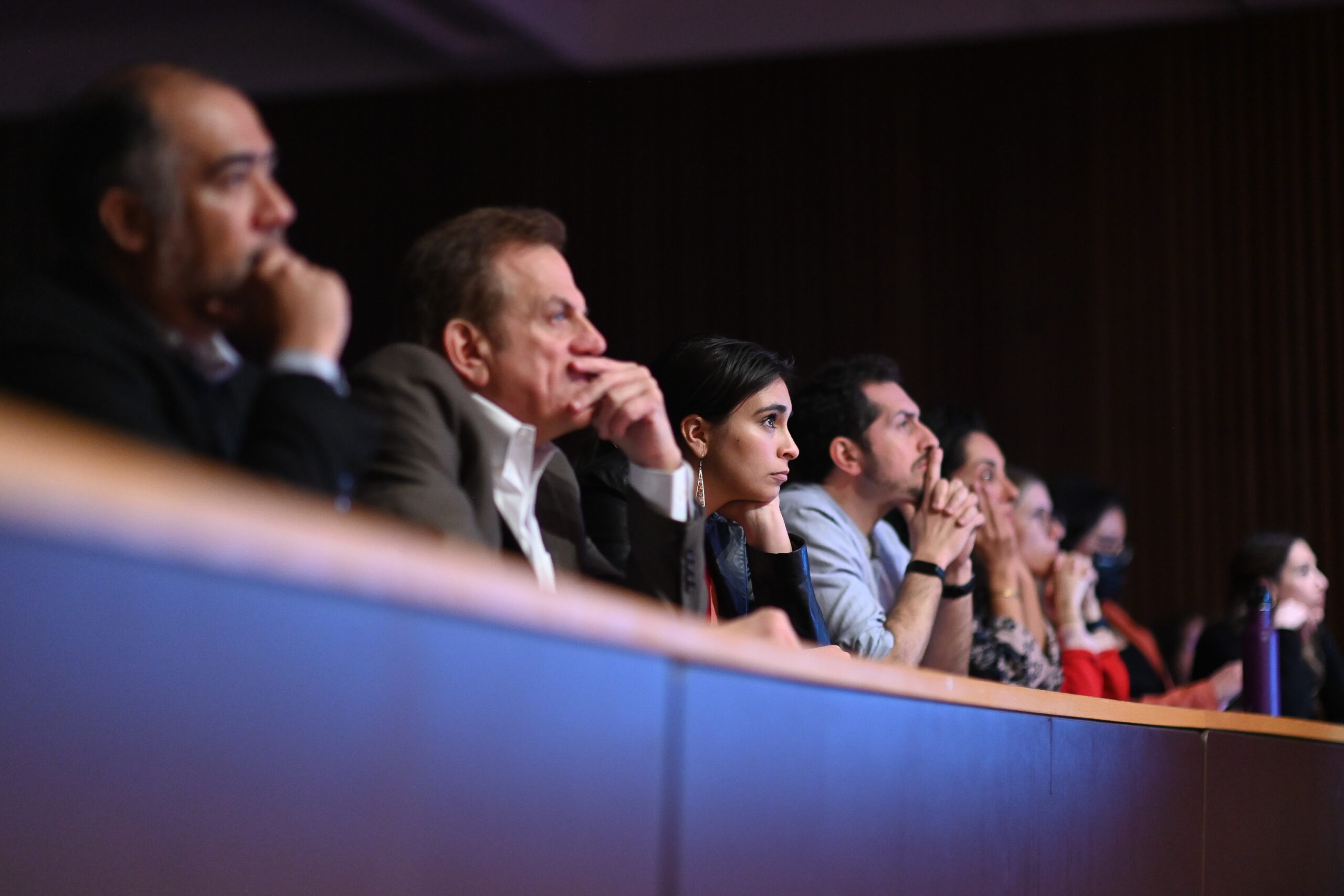The Human Rights Investigations Lab equips the next generation of lawyers, journalists, advocates, and researchers with critical investigation tools to tackle human rights challenges in the 21st century. Hundreds of students have been trained in our Lab to conduct hands-on digital investigations related to human rights violations around the world. Our students have come from more than two dozen majors and minors, and have collectively spoken more than 70 languages since the Lab’s founding in 2016. They are trained with resilience at the core of their investigative approach, and recognize the mental and emotional impact of this work. We are working hard to create a pipeline of researchers who are prepared with the technical skills, collaborative mindset, and resiliency tools to lead human rights investigations.
We partner with credible, respected organizations to strengthen their work through sustained relationships, some spanning several years, such as our eight-year, award-winning relationship with Amnesty International. Our Lab takes on up to a dozen investigations each academic year. Our students are divided into peer-led teams to tackle those investigations with our professional partners.
Join the Investigations Lab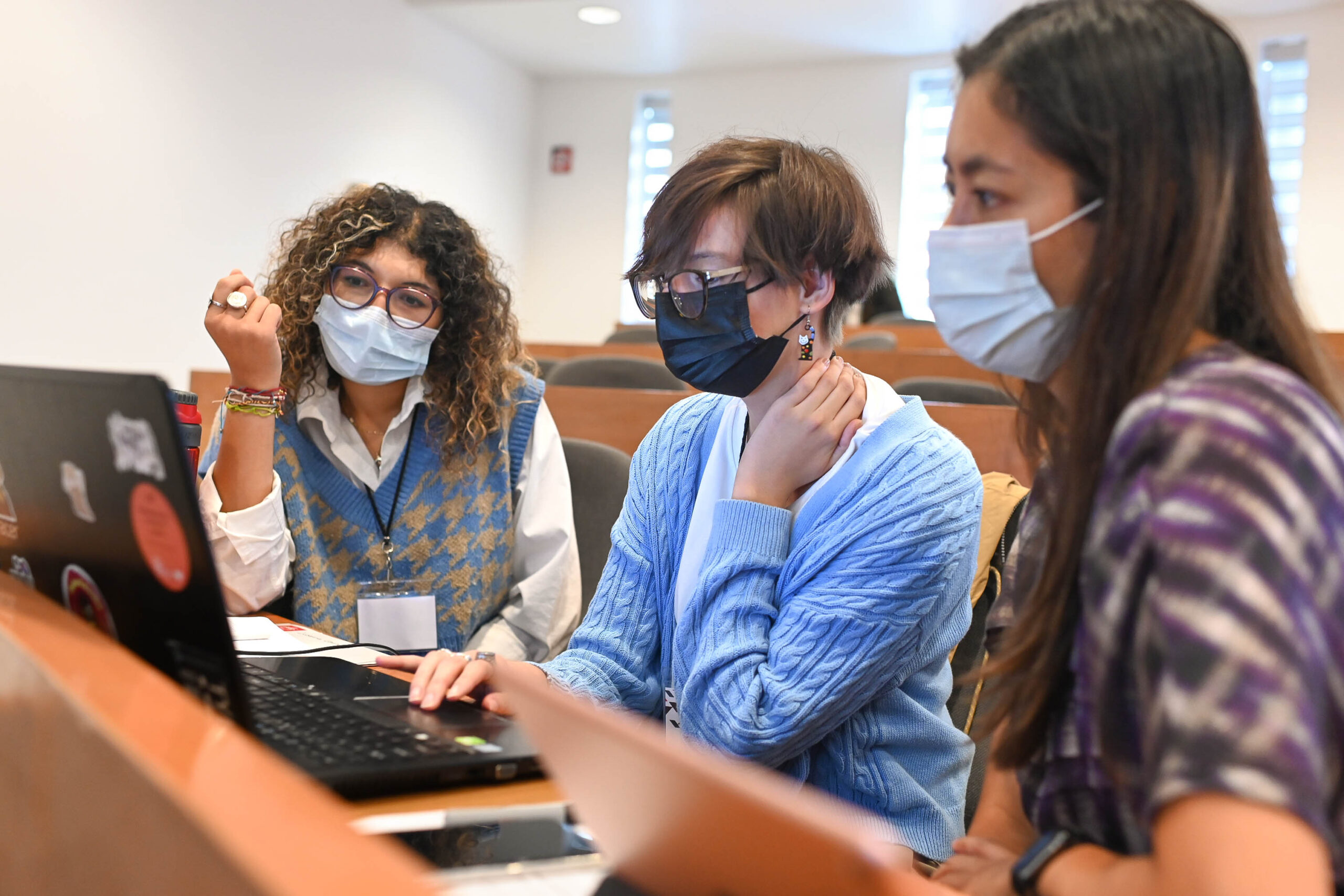

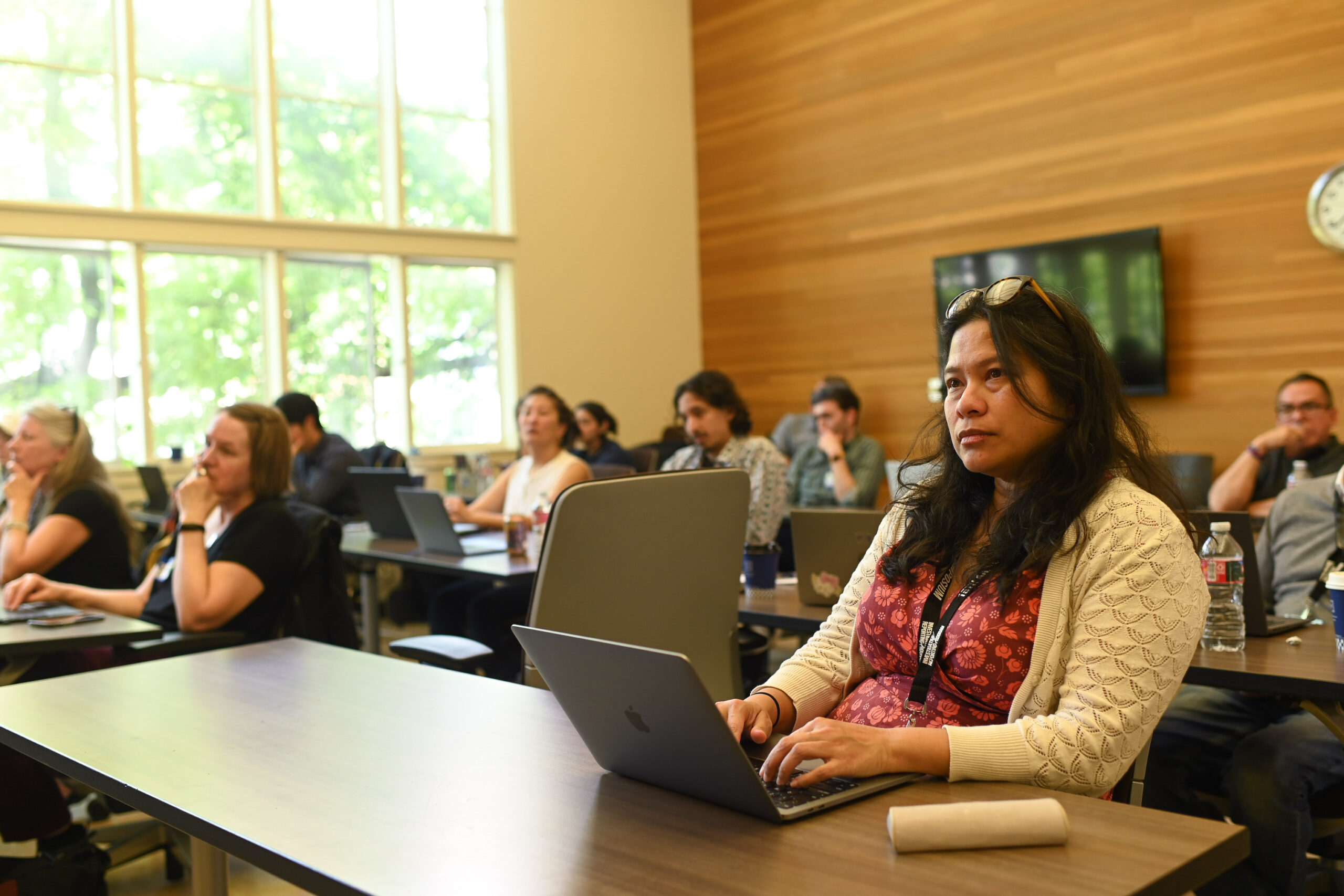
Open Source Investigative Reporting
We strengthen the field of investigative reporting by teaching journalists rigorous open source research methods to integrate alongside traditional shoe-leather reporting.
Digital Verification Corps
The 2016 launch of the Investigations Lab was accompanied by the launch of the Amnesty International Digital Verification Corps (DVC), a network of universities that trains students to verify videos and photos of potential human rights violations from conflicts and crises across the world. The DVC network was co-created by Alexa Koenig, HRC Co-Faculty Director and Lab Co-Founder, and Sam Dubberley, formerly of Amnesty International and now of Human Rights Watch. The DVC currently trains students at five campuses: the University of California, Berkeley; Universidad Iberoamericano; the University of Pretoria; the University of Toronto; the University of Cambridge; and the University of Essex. These students directly support Amnesty International’s research teams working to monitor and report on human rights violations globally. Every year, a selection of students from each campus is invited to a summit that bonds the DVC community through advanced open source training, workshops on ethics and resilience, and social activities.
UC Digital Investigations Network
As the first university-based open source investigations program, the Human Rights Center has championed a cross-campus cohort of more than 100 students by mentoring and supporting emerging investigation labs at UC Santa Cruz and UCLA. Together, this cohort has launched the UC Digital Investigations Network, an initiative with the potential to maximize investigations for impact. Together, this multi-campus cohort investigated the murders of Indigenous land defenders in the Brazilian Amazon, among other projects.
Program Staff

Alexa Koenig
Co-Faculty Director; Director, Investigations Program
Human Rights Center

Sofia Kooner
Assistant Director, Investigations Lab
Human Rights Center

Gisela Pérez de Acha
Supervising Reporter
Human Rights Center

Brian Nguyen
Research Manager, Lead Trainer
Human Rights Center
Lab Projects
Below is an archive of Investigations Lab projects undertaken since 2016. This should not be considered an exhaustive list, as not all of the Lab’s investigations are public-facing. Please visit #Verified from the Human Rights Center, our online magazine, for student reflections on investigations. If you are a student interested in joining our Lab, please visit this page for more information.
Real World Partners

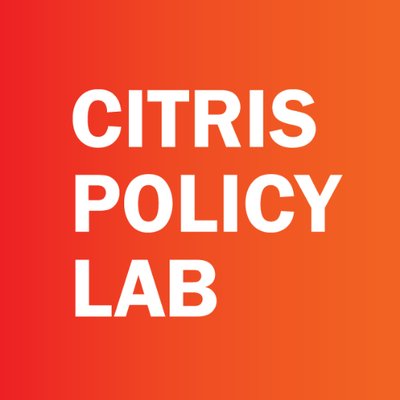
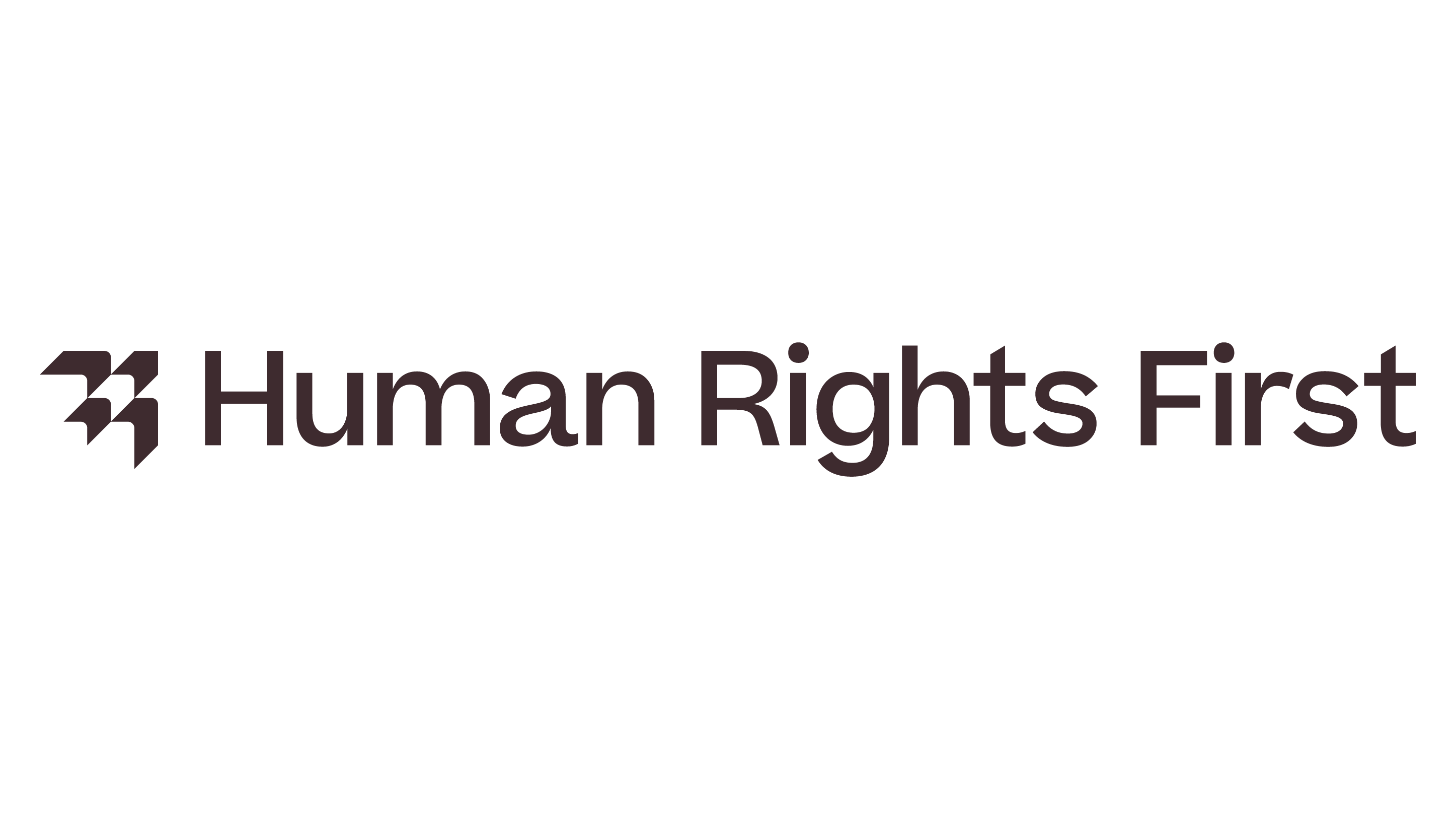

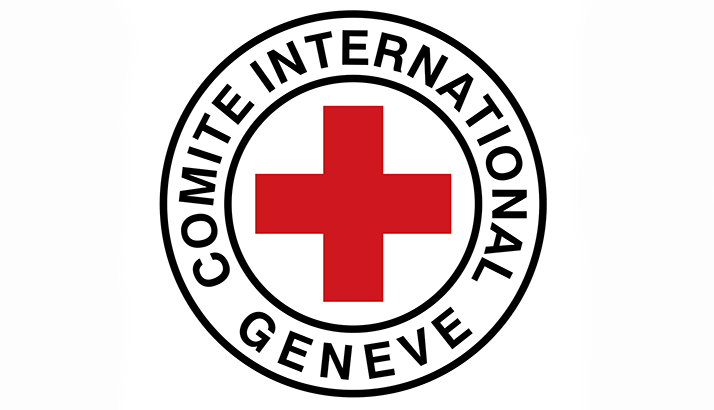

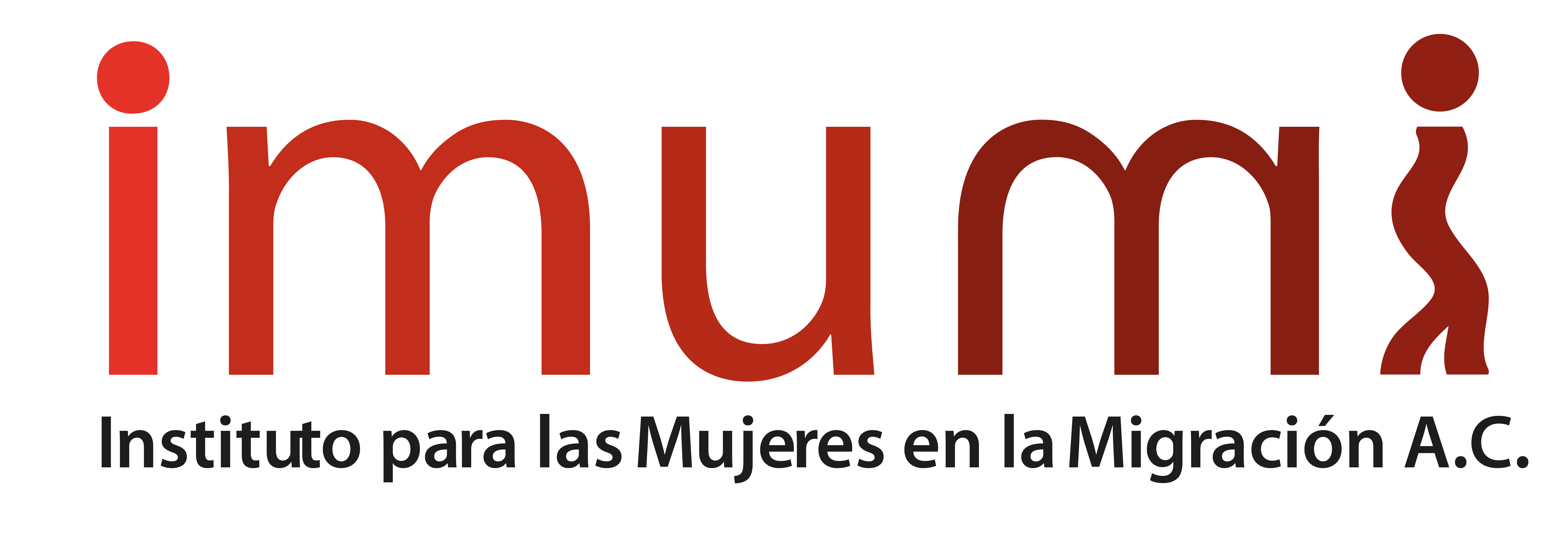



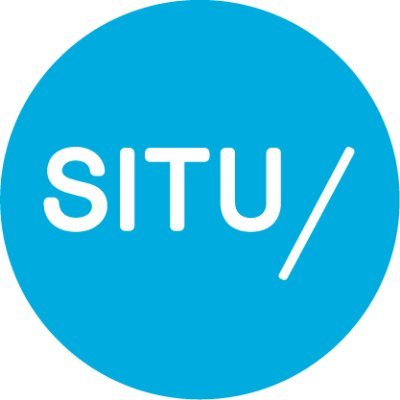



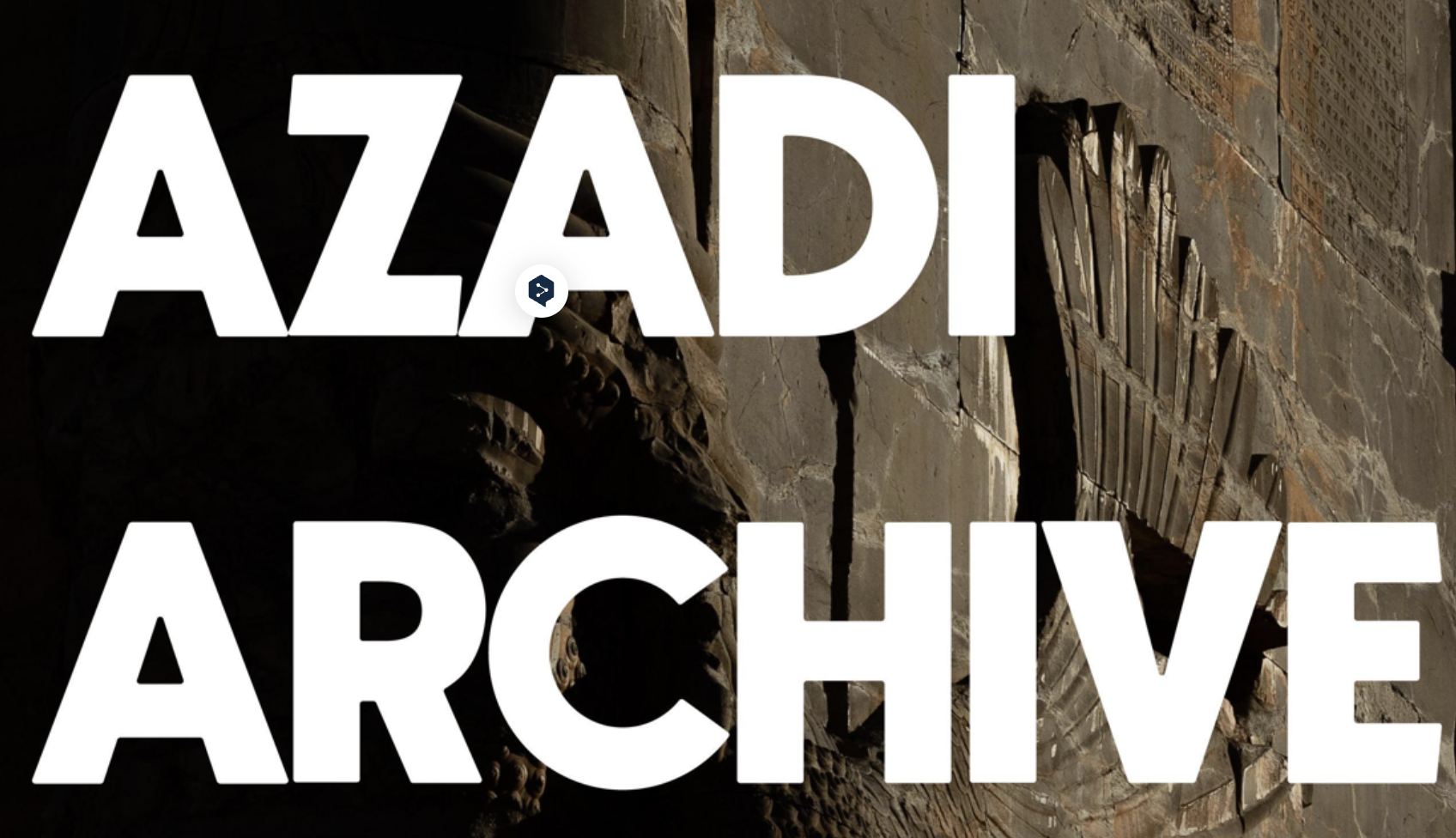


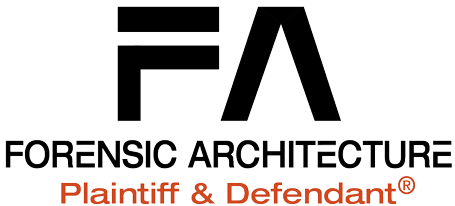

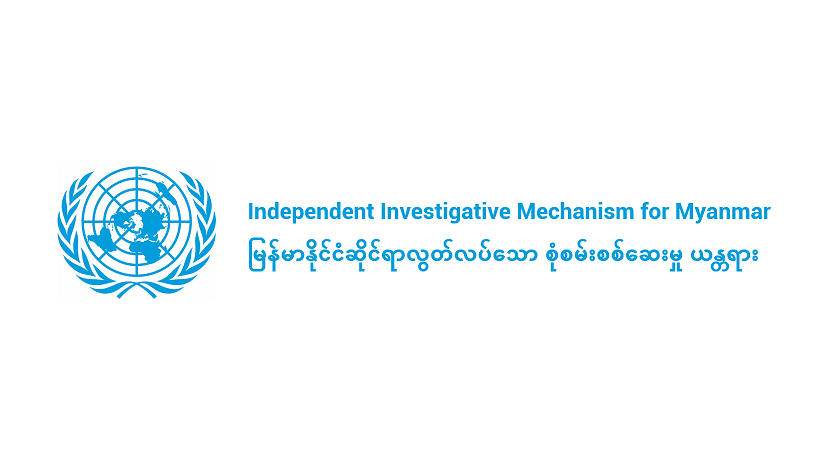
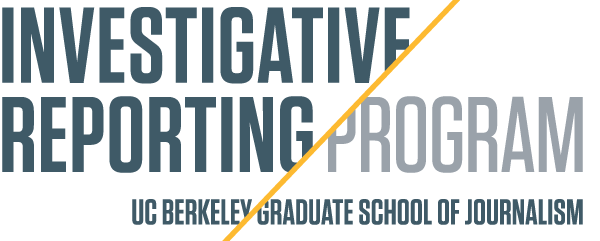


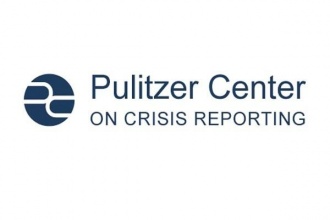
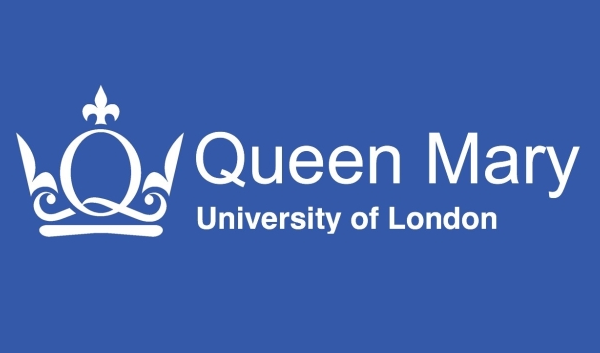
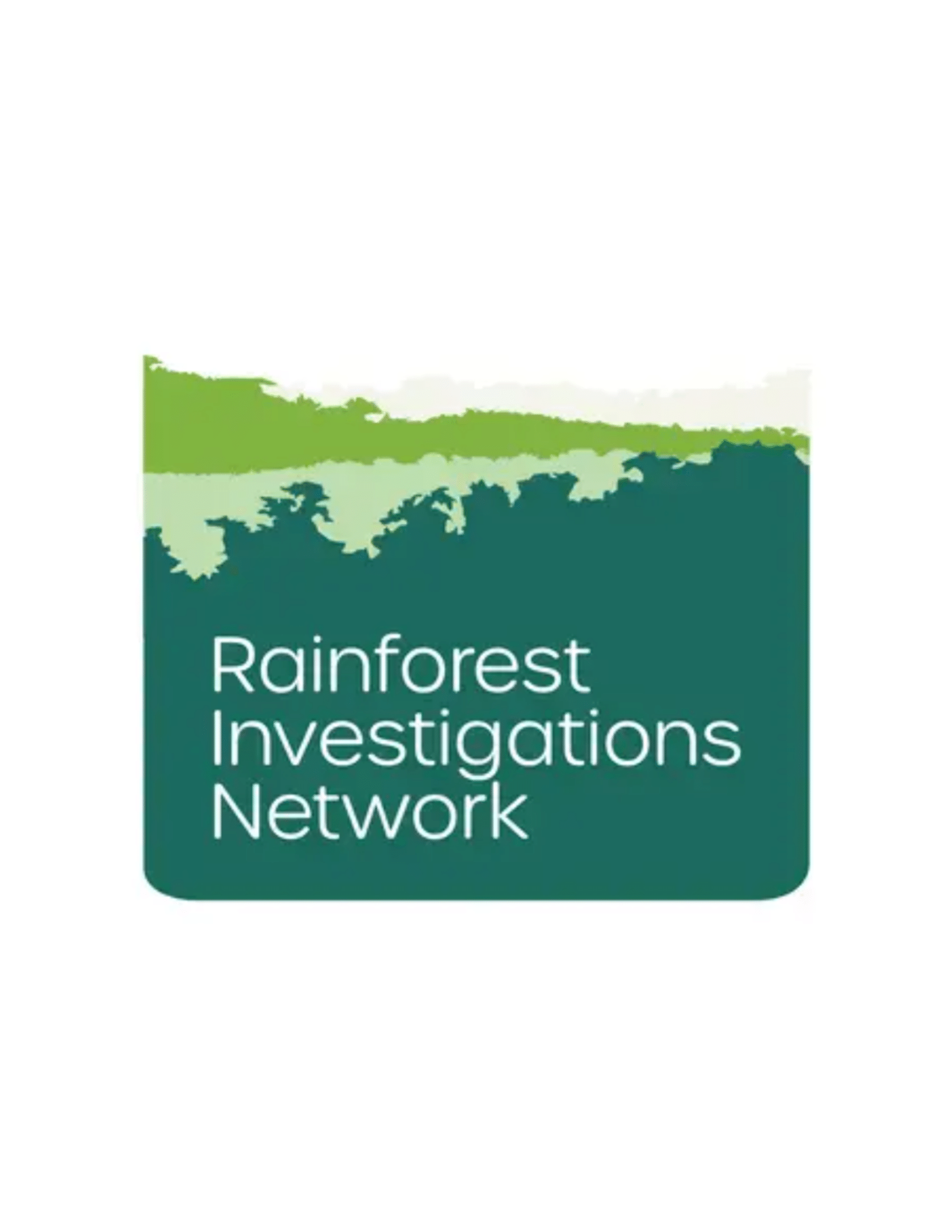



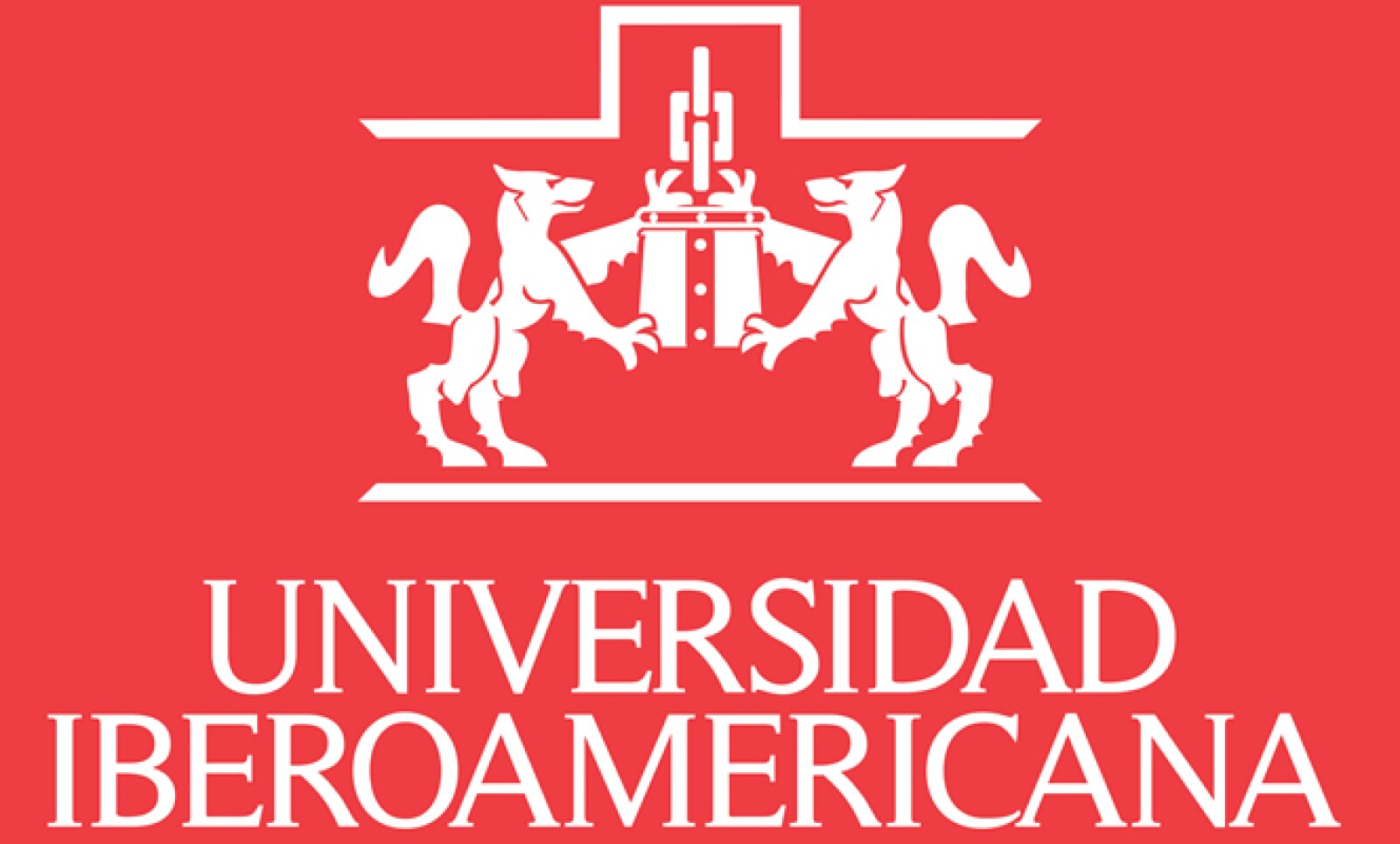

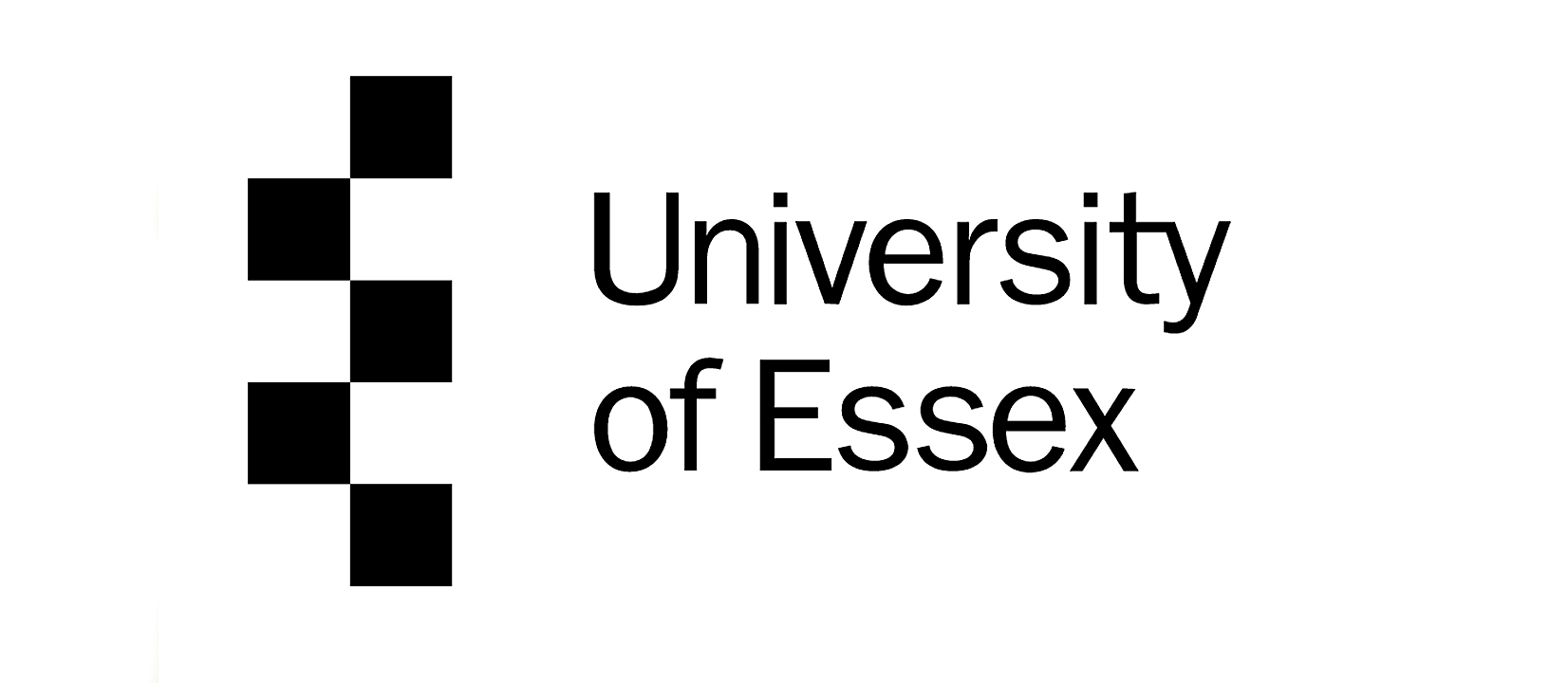
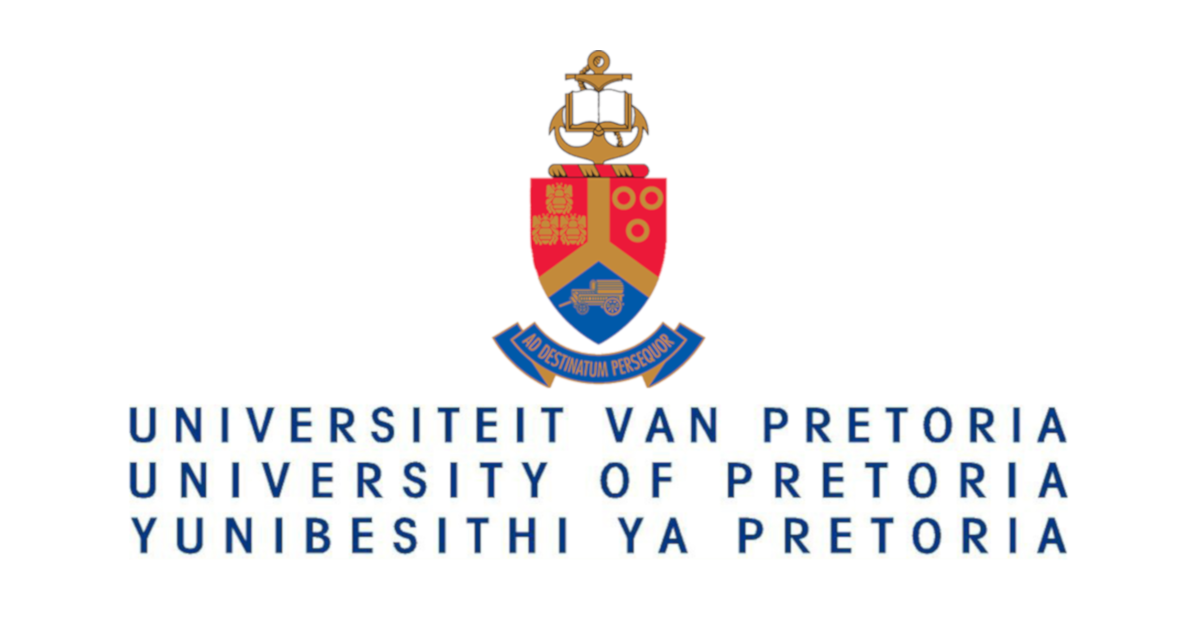

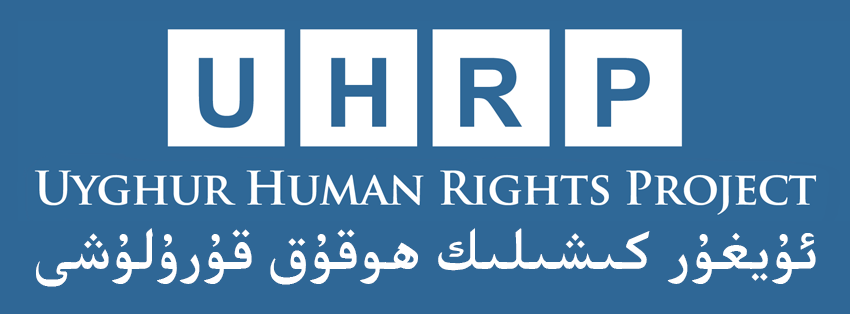



Our Alumni
Investigations Lab alumni have graduated into high-impact jobs around the globe since its founding. They’ve won Pulitzer Prizes and Peabody Awards, have led revealing investigations, and are setting standards for excellence across the field of fact-finding. Several of our extraordinary alumni are listed below:
Historical Staff
- Stephanie Croft, Director, 2019–2023
- Félim McMahon, Director, 2018–2019
- Andrea Lampros, Lab Manager, 2016–2018
- Alexa Koenig, Director, 2016–2018
- Alexa Koenig and Andrea Lampros: Co-Founders, 2016


